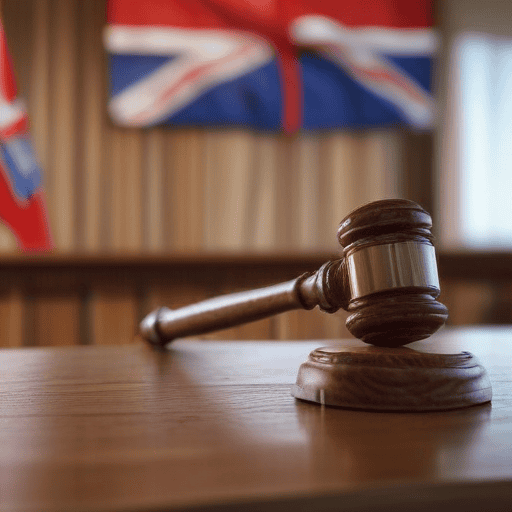The issue of women’s representation in parliament remains a significant concern, particularly evident in Fiji, where Deputy Prime Minister Manoa Kamikamica has recently called for a quota system to boost female political participation. During a workshop titled “Capacity Building Training for Prospective Women and Youth Candidates in Local Elections” in Suva last November, Kamikamica highlighted the troubling decline in women’s representation in Fiji’s Parliament, from a peak of 20 percent in 2018 to just 14 percent following the 2022 elections.
Kamikamica pointed out a noteworthy disparity: while over 238,000 women voted in the 2022 elections, significantly more than their male counterparts, only six out of 54 female candidates managed to secure seats. He emphasized the necessity for supportive policies that reduce financial barriers to running for office and provide childcare assistance, addressing the structural challenges that deter women from participating in politics.
Echoing Kamikamica’s sentiments, Suva-based lawyer and former journalist Sainiana Radrodro has called for immediate action to empower aspiring women politicians. She identified financial challenges, societal attitudes, and a troubling trend of online harassment as major obstacles. Radrodro supports the idea of a temporary special measure for quotas but stresses that it must be implemented thoughtfully to ensure that women are not marginalized as merely beneficiaries of preferential treatment.
Support for better representation also came from university student Lovelyn Laurelle Giva-Tuke, who advocated for a comprehensive approach to tackling this grassroots issue. Her recommendations included financial assistance for women candidates, laws against political violence directed at women, and programs to develop leadership and campaign skills. Giva-Tuke noted that a more gender-balanced political environment leads to better prioritization of issues such as healthcare and education.
The urgency to combat online harassment was highlighted by both Radrodro and Giva-Tuke, who asserted that protecting women from social media attacks is crucial. Nalini Singh, executive director of the Fiji Women’s Rights Movement, added that stronger collaboration among various stakeholders, including political parties and community groups, is essential to foster a more inclusive political landscape.
Despite the challenges, there remains a hopeful outlook for increasing women’s representation in Fiji. With ongoing discussions and actionable steps being proposed, there is potential for significant improvement in women’s roles within the political sphere, ultimately leading to a governance system that reflects and represents the country’s diverse population.
Through continued support and commitment from all sectors, Fiji stands on the precipice of creating a more equitable political environment, paving the way for a future where women play pivotal roles in shaping policies and governance.

Leave a comment